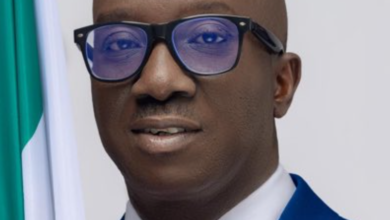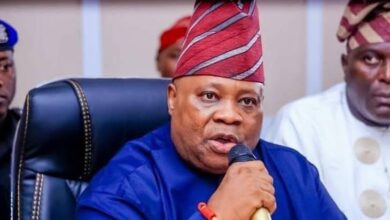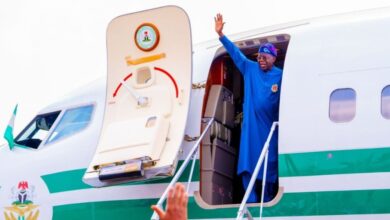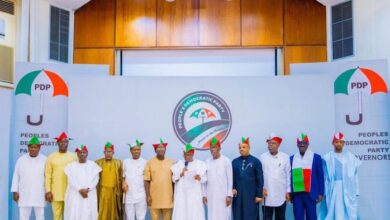Reps Push For Creation Of Bola Tinubu Federal University Of Nigerian Languages

The House of Representatives has taken steps towards establishing a new higher institution with the passage of a bill for the creation of the Bola Ahmed Tinubu Federal University of Nigerian Languages. Sponsored by the Deputy Speaker, Benjamin Kalu, along with eight others, the bill aims to promote the study and development of Nigerian languages and cultures.
The university’s mandate, as outlined in the bill, includes offering academic and professional programs that lead to diplomas, first degrees, and postgraduate degrees in Nigerian languages. It also focuses on nurturing socially mature individuals with the capacity to communicate in and use Nigerian languages for national development.
Key objectives of the proposed institution include:
•Promoting the advancement of learning in Nigerian languages and cultures.
•Providing professional training and research opportunities in the field of Nigerian languages.
•Establishing relationships with other national institutions to facilitate the effective use of Nigeria’s linguistic and cultural heritage.
•Conducting outreach programs, continuing education, and in-service training related to Nigerian languages.
The bill also grants the President, as the institution’s visitor, authority to conduct visitations to oversee the university’s operations, ensuring transparency and compliance with its mandate. The university council will be required to assist with such visitations.
Additionally, the President will have the power to remove members of the university’s council, except for the pro-chancellor and vice-chancellor, in cases of misconduct or inability to perform their duties. The decision for removal would follow recommendations from the council, through the Minister of Education.
The bill has passed its first reading and is expected to be listed for a second reading in the coming weeks, with a public hearing to gather stakeholder input on its provisions. This marks a significant step toward enhancing Nigeria’s linguistic heritage through formal academic frameworks.



